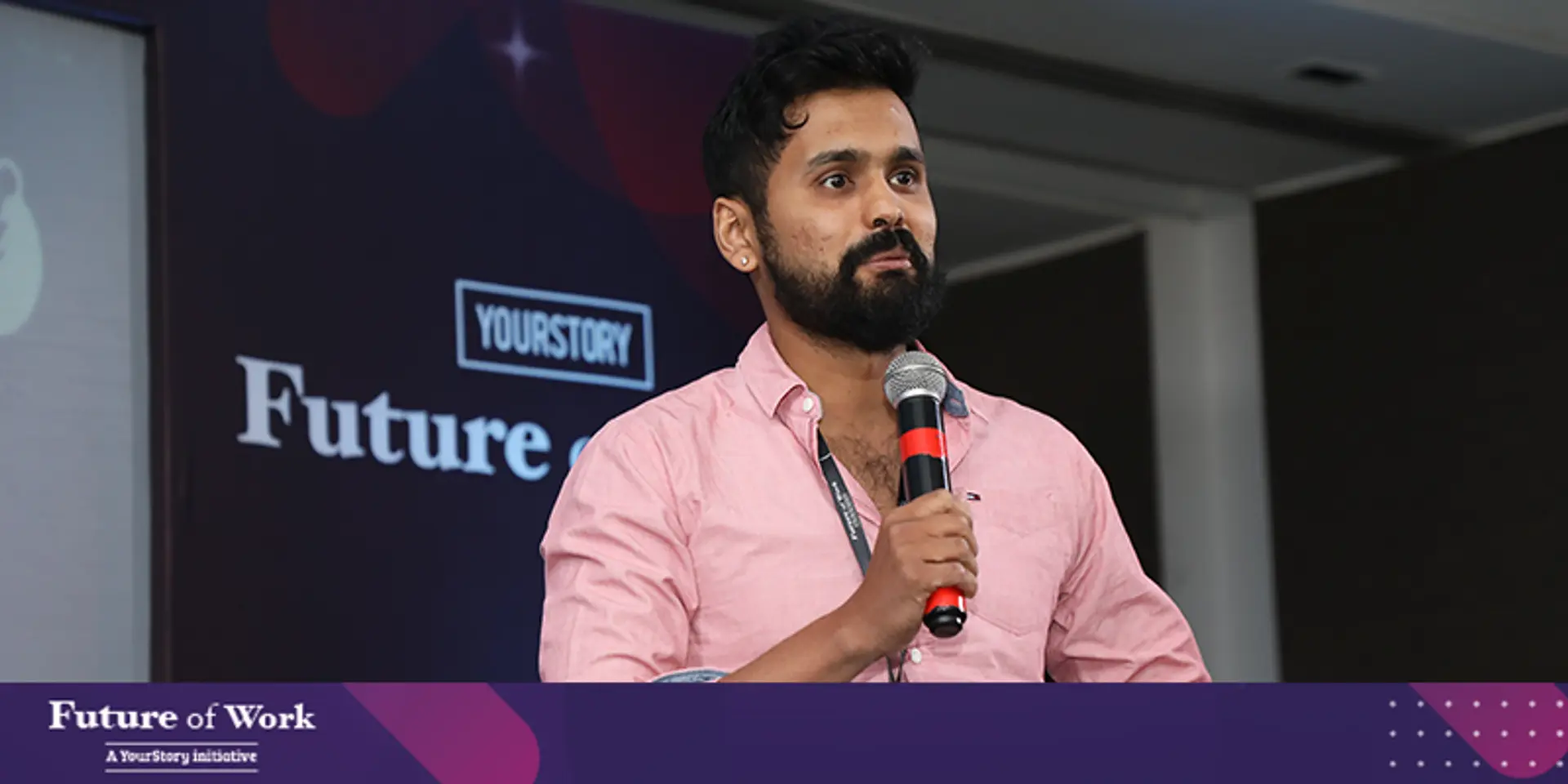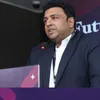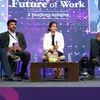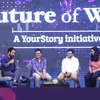Future of Work 2020: Dgraph’s Karthic Rao reveals challenges that developers face
Karthic Rao, Developer Relations Lead, Dgraph, says an intuitive approach is needed when it comes to developing APIs.
With India set to double its total smartphone penetration to 829 million by 2022, it is clear that the country’s appetite for apps will just get bigger.
Modern internet applications are now expected to run across a wide range, including web, mobile, in-car entertainment devices, smart watches, voice assistants, and more.
Karthic Rao, Developer Relations Lead at Dgraph, shared some insights on the power of internet applications at Future of Work 2020, YourStory’s flagship conference for product, design and technology.

Dgraph helps companies and individuals build apps using an amazingly advanced graph database called GraphQL and provide solutions.
GraphQL is a query language for APIs and a server-side runtime for executing queries by using a type system you define for your data.
The challenges ...
Karthic said he would focus on the challenges creators need to be prepared for in this decade. This will make them more aware when it comes to building an application, he said. He also spoke about the things that one should not be reinventing and effective solutions.
Karthic said data was not only growing in size, but also in terms of complexity and connectedness.
“If you look back at applications that are 60 or 80 years old or even products when they first started, the UI was simpler then. It had fewer elements. Today’s UI is just too complex,” Karthic said.
He spoke about how data and UI often go hand in hand. You can’t expect to have one without the other in this fast-paced generation.
Other than engineering challenges, design collaboration requires you to work with front-end and back-end developers and product teams where a lot of productivity gets lost. It is important to clearly define the problem and come up with an adequate solution using an intuitive approach.
He stressed that scalability is something that needs to be kept in mind from the beginning while building an internet application.
Karthic said he had come across these challenges during his own journey as well as through reading and learning about other companies.
...and the solutions
Karthic said an an intuitive approach was paramount when it came to developing APIs. For example, let’s say you have a UI mock-up of your application. It should be very simple and intuitive just by looking at your UI to translate that into API.
You need to come up with faster ways to develop your API so that you can ship your apps quicker.
The API should also scale as you grow, despite continuing to focus on your business/product. Scaling was extremely important, as this will help your product have a wider reach and become well-known, he said.
Enter Graph QL
Karthic held an interactive session with his audience, helping them construct APIs for a Twitter clone.
He said a GraphQL schema was nothing but "a textual representation of a graph model". It is a query language for APIs and a runtime for fulfilling those queries with existing data.
GraphQL helps in giving a thorough and understandable description of data in your API. It gives clients the freedom and ability to ask for what they need and helps evolve APIs over time, he said, invariably benefiting developer tools.
He gave the audience a clear idea of how this works by using three components: ‘The User,’ (an individual), ‘A tweet’ from Twitter, and a ‘Hashtag.’
The exercise established that APIs can be constructed from a single endpoint, there is a type system for APIs, and there is an intuitive query language for data fetching.
(Edited by Javed Gaihlot)
A big shout out to our Future of Work 2020 Sponsors: Alibaba Cloud, Larksuite, Vodafone Idea Limited, Gojek, Adobe, Udaan, Pocket Aces, Junglee Games, Sharechat, Open, VestaSpace Technology, Maharashtra State Innovation Society, Kristal.AI and GetToWork; and our Knowledge Partner: Ascend Harvard Business Review.







